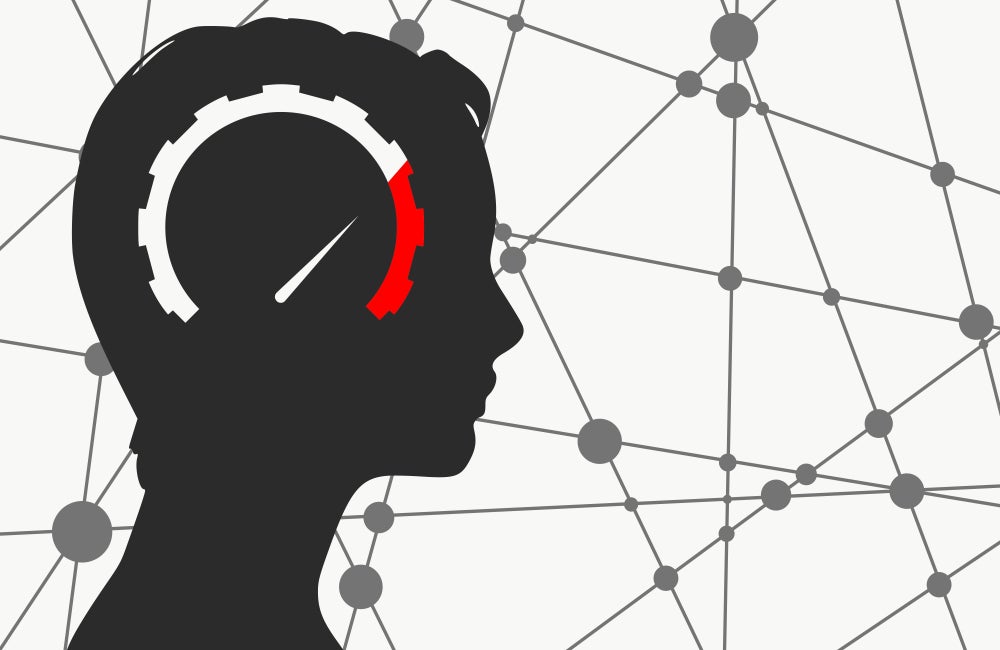
Consumers with poor mental health and less ability to carry out daily activities, such as banking, incur costs of up to £1,550 ($2,042) each year.
According to Citizens’ Advice in the UK, mental health problems are the most common issue amongst its clients. It impacted 89,410 clients in 2018.

Access deeper industry intelligence
Experience unmatched clarity with a single platform that combines unique data, AI, and human expertise.
If poor mental health reduces the ability to carry out daily activities, including banking, it can cost between £1,100 and £1,550 a year.
Mental health costs in banking
Mental health problems, according to the research, can make it difficult to select the best deal. As a result, these customers are more likely to miss deadlines or incur extra costs to make ends meet.
In addition, complex processes can cause people to absorb costs rather than address the underlying problem.
In the past year, 24% of people surveyed with mental health problems used payday or pawnbroking loans twice or more. 31% said they used a credit card frequently.

US Tariffs are shifting - will you react or anticipate?
Don’t let policy changes catch you off guard. Stay proactive with real-time data and expert analysis.
By GlobalDataAlso, 46% had gone into a planned overdraft once or more over the previous 12 months. Of these people, 1 in 3 had done so monthly or more.
Controlling finances, dealing with income shortfalls, and unexpected charges were the three main problems. These three can lead to costs of between £280 and £500 a year per consumer with poor mental health.
43% of people with a mental health problem incurred unexpected charges due to late or missed payment fees. 63% incurred fees due to accidental overdraft usage, going over a credit limit, or having payments bounce.
Sara Davies, research fellow at the Personal Finance Research Centre, said: “Citizens Advice research finds that those with mental health problems can struggle to behave as ‘good consumers’ in so many ways; to choose the best products for them, to keep up with payments, and to deal with often complex customer services processes. In other words, there is significant work to be done to ensure the support that is promised to vulnerable customers becomes a reality.”
Costs leading to more costs
This can quickly spiral. A survey by charity Mind found that 61% of people with mental health problems avoid opening their bills.
The Money and Mental Health Policy Institute found 74% of respondents avoid paying bills and 71% avoid dealing with creditors.
People with problem debt are twice as likely to develop major depression as those not in financial difficulty, according to its research. Another survey from the institute stated that 86% of those with experience of mental health problems said their financial situation made their mental health problems worse.







